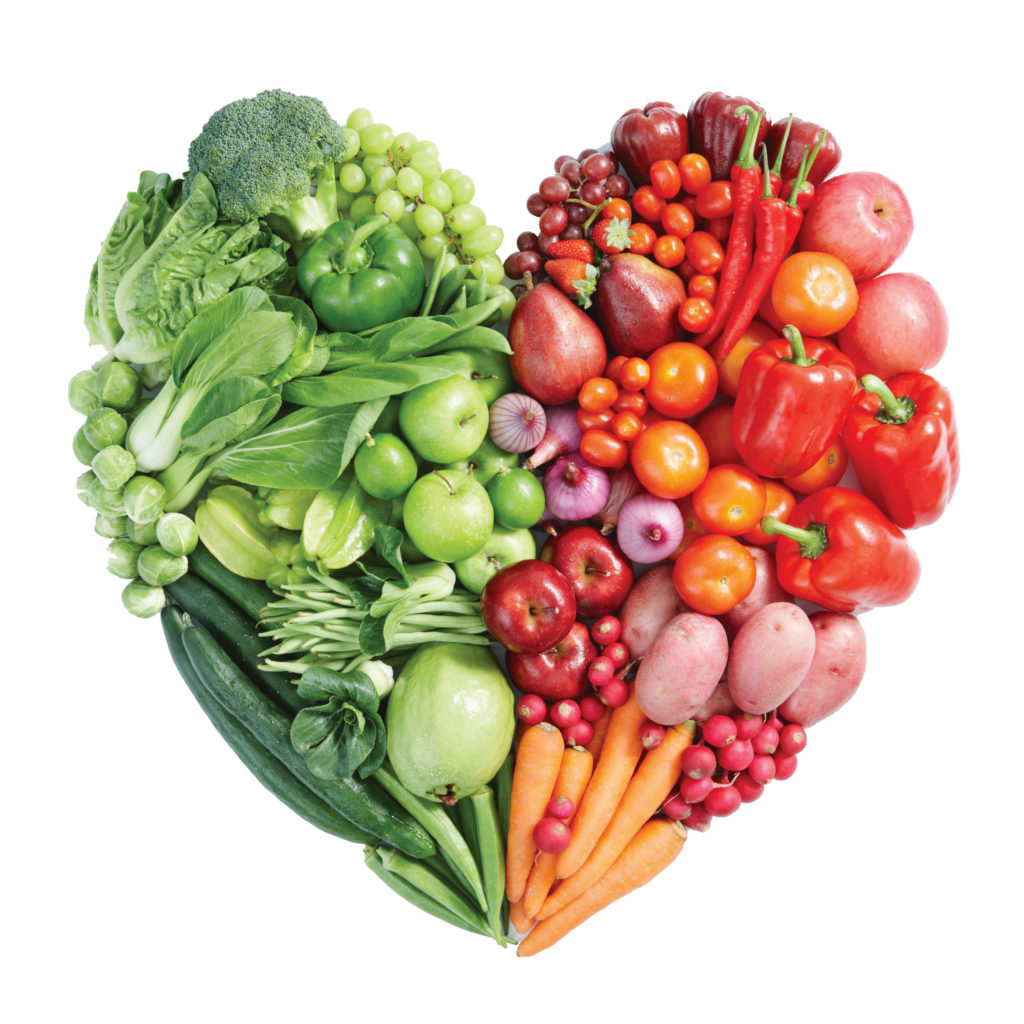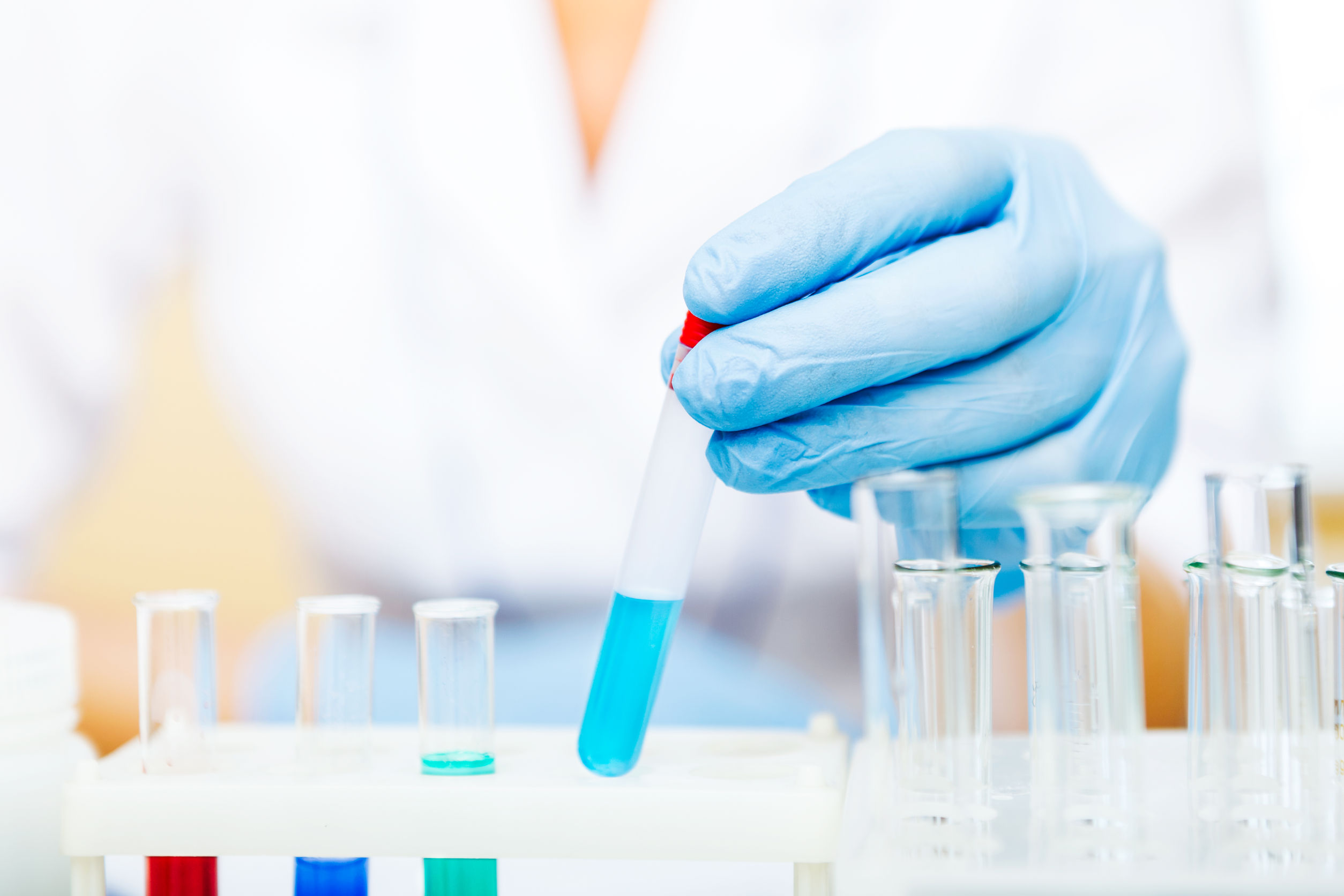What is polycystic ovary syndrome (PCOS)?

Firstly, the ‘cysts’ in PCOS are not really cysts – they are follicles. In each menstrual cycle, follicles grow on the ovaries. Eggs develop within these follicles, one of which will reach maturity faster than the others and be released into the fallopian tubes. This is known as ovulation. The remaining follicles (sometimes hundreds) will degenerate. In the case of polycystic ovaries, however, the ovaries are much larger than normal, and there are a series of undeveloped follicles that appear in clumps, rather like a bunch of grapes.
People with polycystic ovaries may have trouble ovulating given that many follicles are competing for growth and maturation. Sometimes this will cause delayed ovulation and irregular periods. Other times it might affect the quality of the eggs produced. Polycystic ovaries can also go unnoticed and have no symptoms. Often people only find out when they are trying to conceive and they go for an ultrasound which shows these excess follicles, often referred to as a ‘string of pearls’.
We know now the PCOS is a spectrum and you don’t not need to have to full degree of hormonal imbalance to experience difficulties conceiving. A woman can have polycystic ovaries without having the full syndrome but all women with PCOS will have polycystic ovaries. However, where these hormonal imbalances exist, there are usually many more symptoms.
What symptoms could you experience?
With the most extreme form of PCOS, you could be overweight, have no or very few periods, be prone to acne, grow unusually heavy body hair, often on the face, breasts and inside of the legs, and be susceptible to mood swings. And with this can come problems with fertility and often recurrent miscarriages. Women with PCOS may be seven times more likely to develop diabetes because of problems with blood sugar balance.
Your Plan of Action – the natural approach
PCOS is extremely responsive to changes in diet. Changing your diet by reducing carbs and sugar can have a profound impact on symptoms, cycle regularity and fertility in PCOS
Get support for weight management and ensure that your diet is well balanced
Certain supplements and particularly herbs may be very useful in PCOS – Do not take herbs without supervision
Best Test options: Hormonal analysis, Functional Nutritional Profile
Can Nutrition Help?
Over the last few years, research into the nutritional approach to PCOS has revolutionised the treatment of this problem and the simple answer is yes, nutrition can most definitely help with PCOS. A good PCOS diet aims to reduce the impact of the hormone insulin on polycystic ovaries. This can help whether you have the hormonal syndrome or not. Polycystic ovaries have a much stronger reaction to insulin and it can be helpful to keep insulin levels as low as possible throughout the day. This is achieved by eating a low carbohydrate diet, particularly low in refined carbohydrates and sugar. Each meal should be well balanced with protein and healthy fats. Pulses such as chickpeas, lentils or beans can help support hormonal balance. Regular meals help to balance blood sugar and insulin release throughout the day.
Weight Management
As women with PCOS lose weight, hormone levels start to return to normal. Testosterone levels fall, serum insulin levels go down, SHBG levels go up and the symptoms of PCOS diminish, with significant improvements in the growth of excess hair as the women lose weight.Along with the weight loss comes a remarkable change in ovarian function. In one study, 82 percent of the women who were not previously ovulating showed improvements, with a number of successful pregnancies during the study, even though many of these women had a long-standing history of infertility.
So dramatic have been some of the results, that it has now been suggested that changing a woman’s diet should be the first move if she is overweight and failing to conceive. One study found that 11 out of 12 women who had been overweight and not ovulating conceived naturally after reducing their weight.
In general, women with high levels of luteinising hormone (LH) in the first half of their menstrual cycle seem to have a greater risk of miscarriage. So miscarriages are more likely to occur in women with PCOS because of the high levels of LH. But, in a study of women with PCOS who were asked to change their diets, the rate of miscarriages dropped from 75 percent to 18 percent once they had lost weight.
Chromium
Chromium is an important mineral if you have PCOS. It helps to encourage the formation of glucose tolerance factor (GTF) which is a substance released by the liver and required to make insulin more efficient. A deficiency of chromium can lead to insulin resistance, which is a key problem in the case of PCOS; too much insulin can be circulating but it is unable to control your blood sugar (glucose) levels.
B vitamins
The B vitamins are very important in helping to correct the symptoms of PCOS. Vitamins B2, B3, B5 and B6 are particularly useful for controlling weight, and here’s why: Vitamin B2 helps to turn fat, sugar and protein into energy. B3 is a component of the glucose tolerance factor (GTF), which is released every time blood sugar rises, and vitamin B3 helps to keep the levels in balance. Vitamin B5 has been shown to help with weight loss because it helps to control fat metabolism. B6 is also important for maintaining hormone balance and, together with B2 and B3, is necessary for normal thyroid hormone production. Any deficiencies in these vitamins can affect thyroid function and consequently affect the metabolism.
Zinc
Zinc is an important mineral for appetite control and a deficiency can cause a loss of taste and smell, creating a need for stronger-tasting foods, including those that are higher in salt, sugar or spices (in other words, often more fattening!). Zinc is also necessary for the correct action of many hormones, including insulin, so it is extremely important in balancing blood sugar.
Zinc deficiency is common worldwide and often seen in our clinic when tested. Zinc is found in meat, chickpeas, nuts and seeds. However, absorption can be difficult and those with poor digestion are at risk. People on long-term proton pump inhibitors (PPI), which are commonly prescribed stomach acid inhibitors, are at risk from malabsorption. In addition, those on a high plant diet can also be at risk unless efforts are made to increase absorption in the diet such as soaking, sprouting and fermenting.
Magnesium
Magnesium levels have been found to be low in people with diabetes and there is a strong link between magnesium deficiency and insulin resistance. It is, therefore, an important mineral to include if you are suffering from PCOS. Good dietary sources of magnesium include nuts and seeds, but it might be useful to supplement. Up to 300mg of magnesium citrate is recommended. It can also be used on the skin which is a good way to absorb magnesium. It is available as lotions or sprays or you can have a relaxing Epsom salt bath.
Approximately 60% of patients tested in our clinic are deficient in magnesium. It is necessary to test the magnesium (blood test) in your red cells rather than serum as a more accurate way of determining deficiency. Read our paper here on how and why to test magnesium and its important role in pregnancy.
Omega-3
These essential fatty acids help your body become more sensitive to insulin and taken in supplement form have been found to reduce testosterone levels in women with PCOS. The greatest reduction is seen in those women who had high levels of omega-6 fatty acids compared to omega-3. In a ‘Western Diet’, we do not get enough omega-3. It is much more common that we already have high levels of omega-6, found in processed foods, ready meals but also other foods like meats, breads, spreads and anything that contains or is cooked in oil. Swapping saturated fats such as in meat or dairy for omega-3 rich foods is also a very helpful way to support healthy weight loss in PCOS. Eating at least two to three portions per week of oily fish is recommended to achieve good levels of omega-3. This includes mackerel, wild/ organic salmon, sardines, herring or anchovies. If you do not eat fish, a supplement containing over 500mg of each of EPA and DHA is useful.
Herbs
Agnus Castus (Vitex/ Chasteberry) is one of the most important herbs for PCOS because it helps to stimulate and normalise the function of the pituitary gland, which controls the release of LH (luteinising hormone).
Herbal formulations of combined herbs that work synergistically can also be effective in hormonal balance. We work with herbalist and pharmacist Niamh Boden to support our patients.
Please note that herbs should not be used when taking hormonal medications, including fertility treatments or the oral contraceptive pill. Many other medications are also contraindicated. Use of herbs must be appropriately supervised.
Test Options
A hormonal analysis (urine) may be able to pinpoint whether you need to address a testosterone imbalance or perhaps stress is a big feature for you in hormonal health and balancing your blood sugars.
Do you want to know more about exactly what vitamins and minerals you need? Our Functional Nutritional Profile (blood) can help you to find out what you are deficient in so that you can restore yourself to balance.
Certain tests may be carried out by your GP. We can liaise with your doctor to provide nutritional support.
Where to Start?
Start making improvements to your diet as you can. If you need further support or tailored advice, it would be helpful to request an appointment with one of our qualified team. It may be particularly difficult to wean off a high carbohydrate or high sugar diet and it has been shown that getting support is the best way to achieve your goals. If you are trying to lose weight consider our packages or ongoing support options which will make it easier for you to keep on track.


